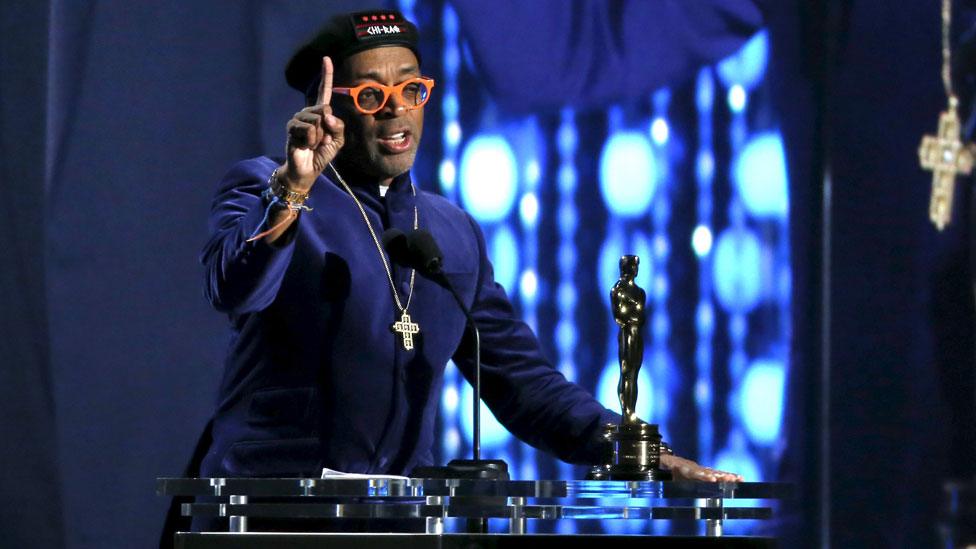UK film industry 'needs more diversity'
- Published
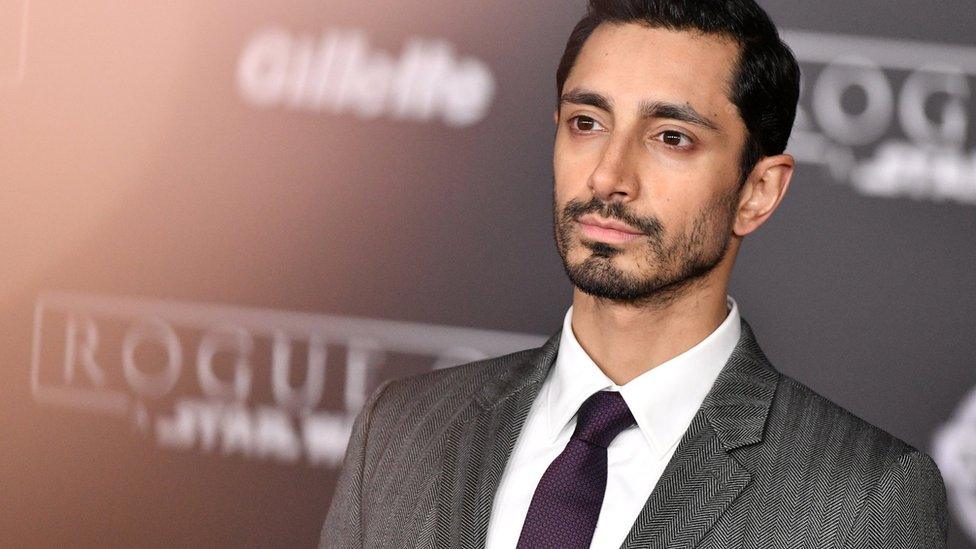
Riz Ahmed stars in Rogue One, the latest film from the Star Wars series
The UK film industry needs more diversity to prevent a skills shortage, says a report backed by Lucasfilm's Kathleen Kennedy and James Bond producer Barbara Broccoli.
The British Film Institute's (BFI) report says the industry has a "pandemic lack of inclusion".
It also says the UK needs 10,000 people over the next five years to maintain its position in world film production.
Women earn £3,000 less than men on average, the report added.
It also says 40% of the UK's film workforce is made up of female employees.
Compiled by the Work Foundation for the BFI, the research estimates there will be 30,000 job opportunities coming up in the UK's film business over the next five years, which the BFI says is worth £4.3bn to the economy.
'Nurture talent'
Ms Broccoli said: "We live in a diverse society and it is vital both culturally and commercially that our industry reflects this in front of and behind the camera."
Ms Broccoli, who chairs the UK Film Skills Task Force, attended the House of Commons on Wednesday with Culture Secretary Karen Bradley, BFI chair Josh Berger and BFI CEO Amanda Nevill, to launch a 10-point skills plan.
The culture secretary said the UK film industry is "one of our biggest success stories" and that there was a need "to nurture and foster the next generation of talent".
She said the skills plan "will be instrumental in helping to deliver this, as well as making sure that the films in the UK are truly representative of the UK's diverse society".

Barbara Broccoli, seen here with actor Daniel Craig, has co-produced eight Bond films
Kathleen Kennedy, president of Lucasfilm, which produces the Star Wars films, said: "More points of view, more perspectives, and more voices will only make films better".
The report says the UK's film workforce includes 12% of people from less advantaged socio-economic backgrounds, and that five per cent have a disability.
Three per cent of the production and post-production workforce are from a black, Asian and minority ethnic background.
Oscars criticism
The research cites a culture of nepotism, unpaid work experience and a lack of appropriate training as being reasons why people are prevented from entering the industry.
There are even bigger problems for minority groups, the report's authors say.
Thousands of people study for film-related qualifications, but not enough train for required positions, they add, which is leading to skills shortages in nearly 40 types of positions, such as first assistant directors, costume designers, carpenters, production accountants and 3D model makers.
The Academy of Motion Picture Arts in the United States faced criticism in 2015 when all 20 contenders in the main Oscar acting categories were white, and there were no female nominees in the directing or writing categories.
This led to academy president Cheryl Boone Isaacs saying the organisation was "committed to seeking out diversity of voice and opinion''.
- Published17 January 2015
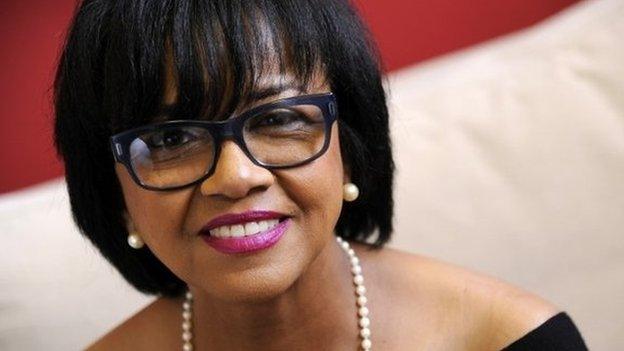
- Published15 October 2014
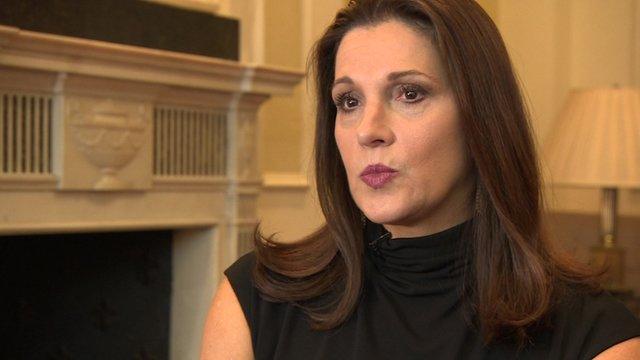
- Published17 September 2015
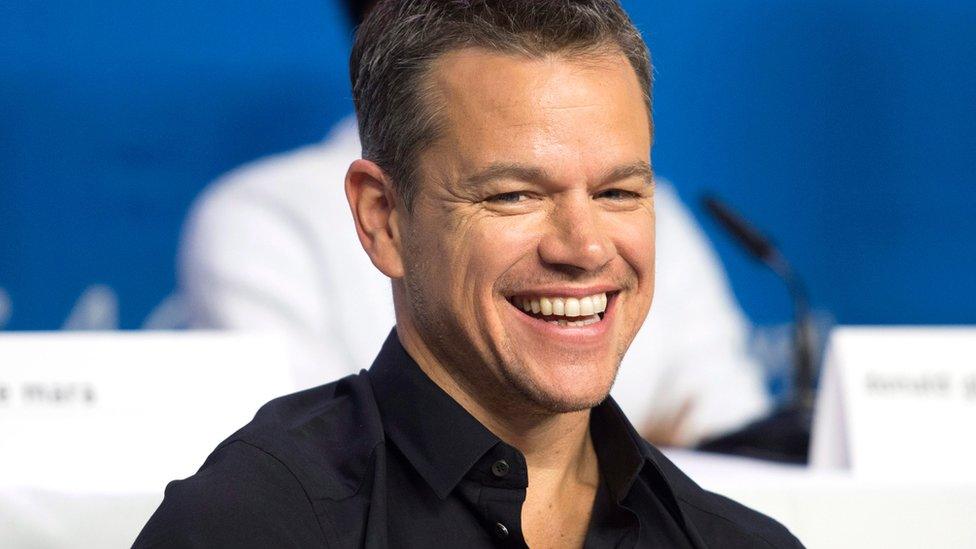
- Published15 November 2015
